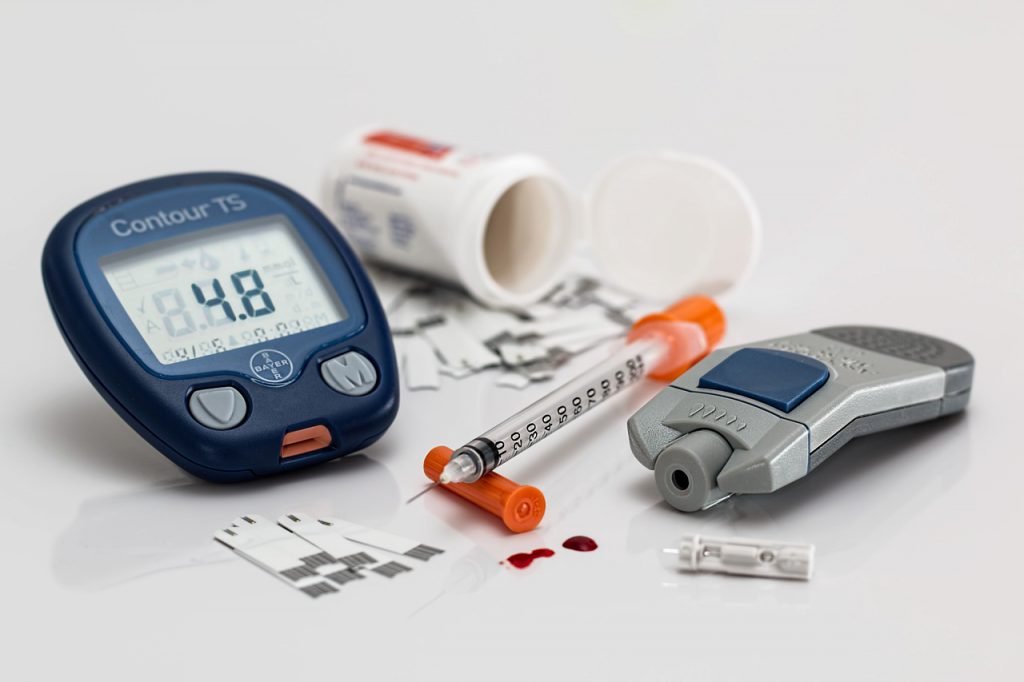Diabetes is a chronic disease that affects millions of people worldwide. Fortunately, in recent years, significant advances have been made in research to find a definitive cure. In this article, we will explore some of the latest breakthroughs and promising developments in the search for a cure for diabetes.
Stem cell therapy:
Stem cell therapy has emerged as a promising field of research in the search for a cure for diabetes. Scientists are exploring the possibility of using stem cells to regenerate insulin-producing beta cells in the pancreas. These cells are destroyed in people with type 1 diabetes, resulting in the body’s inability to properly regulate blood sugar levels. Through stem cell therapy, it is hoped that it will be possible to replace the damaged cells and restore normal function to the pancreas.
Advances in artificial pancreas technology:
Artificial pancreas technology has advanced significantly in recent years. Artificial pancreas systems use sophisticated algorithms and connected devices to continuously monitor blood glucose levels and deliver insulin automatically according to the body’s needs. This helps maintain optimal control of blood sugar levels and reduces the daily management burden for people with type I diabetes. Although not a definitive cure, artificial pancreas technology significantly improves patients’ quality of life.
Gene editing and gene therapy:
Gene editing and gene therapy are areas of research that offer hope for a cure for diabetes. Scientists are studying the possibility of correcting genetic defects associated with diabetes by precisely editing genes involved in insulin production or regulation of blood sugar levels. Gene therapy is also being investigated as an approach to introduce new genes into the cells of the pancreas, which could help restore normal function of the organ.
Medications and pharmacological approaches:
In addition to advances in cell therapy and technology, new drugs are also being developed to treat diabetes. For example, new types of longer-lasting and more efficient insulin are being investigated, as well as drugs that may help improve insulin sensitivity in people with type 2 diabetes. These pharmacological advances are intended to manage the illness better until an actual cure is found.


